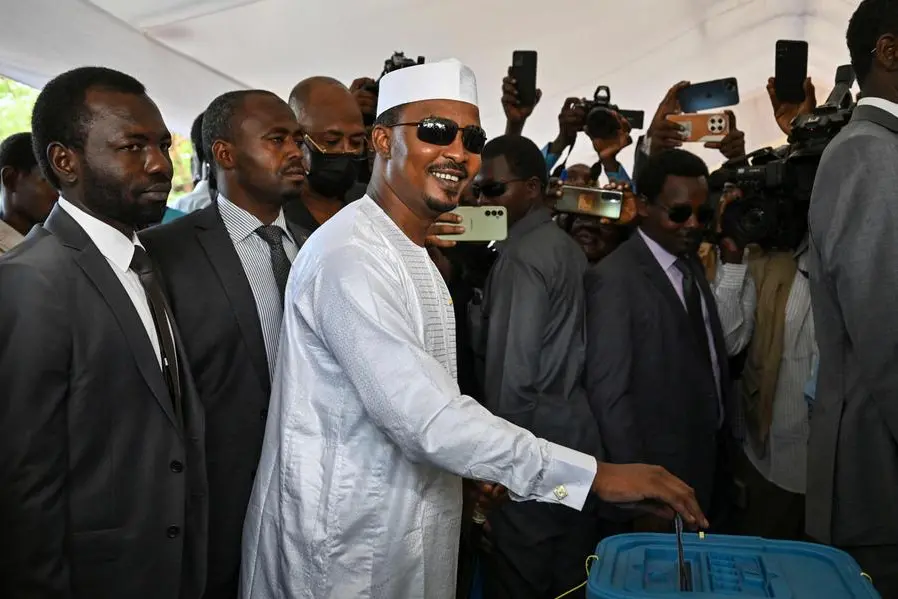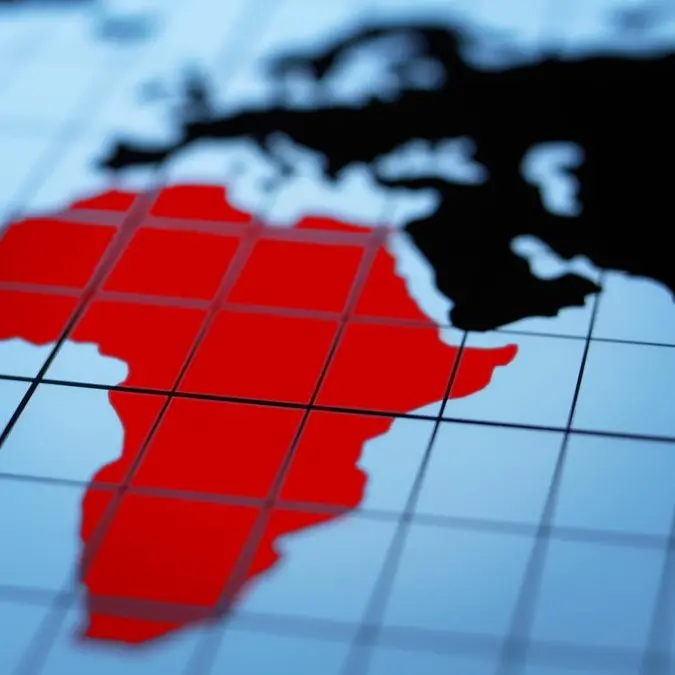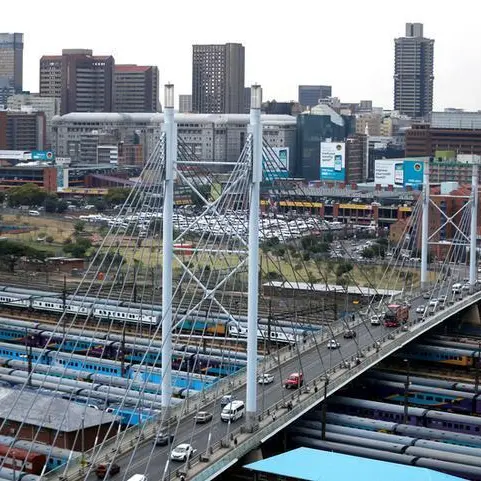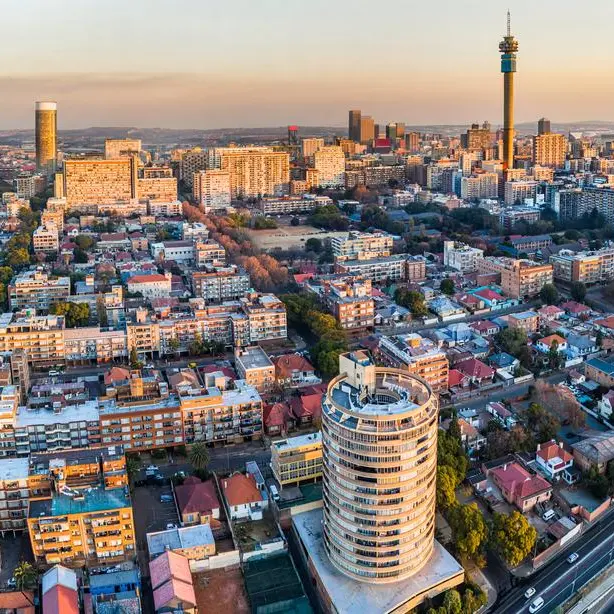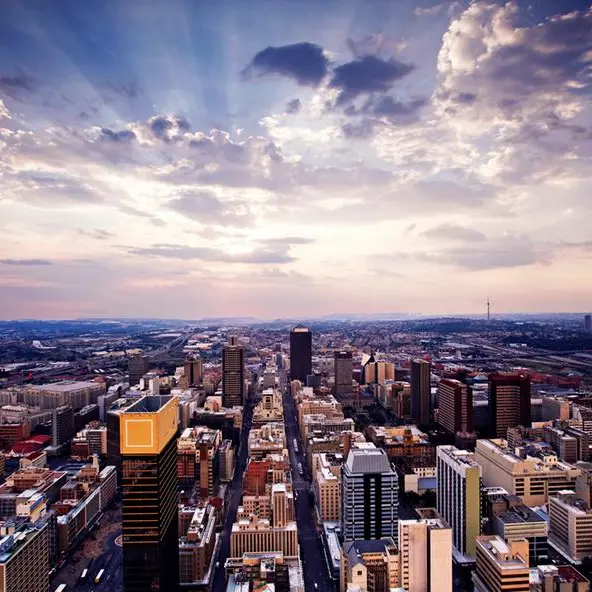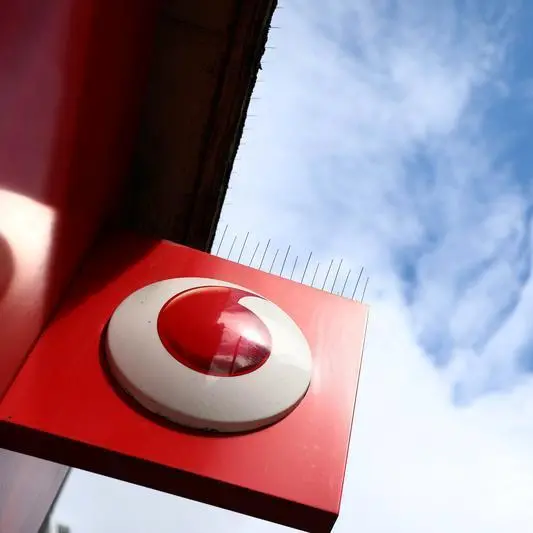PHOTO
Vote counting is underway in Chad following Monday’s tense but “peaceful” presidential elections, which could see the first African junta-led states transition to democratic rule.
The presidential contest pitting ten candidates is the last stage of the General Mahamat Idriss Deby Itno-led three-year transition, which has been marked by deep political and social tensions in the country since April 2021.
During the ballot day, a voter was reportedly shot dead at a polling station in what authorities described as “an isolated incident”. International rights groups had warned that the vote would neither be free nor fair.
The European Union (EU) accused N’Djamena of preventing them from contributing to the credibility and transparency of the electoral process through the non-accreditation of EU-funded local observers.
On Sunday, four civil society organisations, including the Citizen Alliance for Elections in Chad, (ACET), the Observatory of Associations on the Electoral Process in Chad,(OAPET), the Chadian Human Rights League, (LTDH), and the Organisation of Non-State Actors, (OANET), lashed out at the National Election Management Agency (ANGE, its French acronym), for refusing to accredit 2,900 of their representatives as observers of the vote.
A day after the vote, on Tuesday, the EU condemned the non-accreditation of the observers saying, by so doing, ANGE, whose members were appointed by the junta leader, “blocked their contribution to the transparency of the electoral process financed by €3.8 million (about $4 million) of European funds.”The head of the EU’s political mission to Chad, Sona Jarosova, confirmed to the AFP news agency that the bloc had “supported observation by Chadian citizens with EU funds”.
General Deby, who seized power after rebels killed his father, President Idriss Deby Itno (1990-2021) at the battlefield, had pledged to hand power to civilian rule in 18 months. He did not keep the promise, extending the transition period by two years – sparking protests that were violently suppressed by security forces.
Rights groups say over 300 people were killed but N’Djamena puts the toll of the October 2022 protests against the military rule at about 50.
The 40-year-old junta leader is seen as a favourite to win the polls after his main political rivals were either killed or barred from contesting.
Prominent opposition figure, Yaya Dillo Djerou Betchi, the president of the Socialist Party Without Borders, who was largely seen as Deby’s chief election rival was killed in February.
The following month, the Constitutional Council, which validates candidates and results of the vote disqualified at least ten contenders, including Nassour Ibrahim Neguy Koursami, Rakhis Ahmat Saleh and Ahmat Hassaballah Soubiane, well-known vocal critics of the N’Djamena regime from competing.
Deby’s main challenger at Monday’s vote, Prime Minister Succes Masra is largely seen as a stooge of the N’Djamena regime being used to legitimise the Deby dynasty.
A former fierce critic of the N’Djamena regime, Masra was appointed Prime Minister of the transition government in January following his return from exile.
The International Crisis Group (ICG) said “a number of problems in the run-up to the balloting cast doubt on its credibility”.
The heavily criticised new constitution of the country, which gave Deby the son the leverage to run for Monday’s election, also allows the poll management body to publish only regional tallies instead of results at each polling station.
This, according to the ICG, “will prevent observers from verifying results by adding up the numbers at polling stations”.
Despite the fears, the junta leader and his main challenger have hailed the Chadian people for their massive participation in the election with both expressing confidence for a first-round victory.
In a message on X (formerly Twitter) on Tuesday, the junta leader paid a “well-deserved tribute to the Chadian people who went to the polls en masse, and peacefully to elect their leader”.
Deby said the serenity that characterised the process “wonderfully crystallises the democratic maturity of the sovereign people of Chad”.
Masra in a message the same day on his official Facebook page, also hailed Chadians who he said came out massively, “in a patriotic momentum” to vote and wished that “the counting continues in calm and serenity”.
Provisional results are expected on May 21 and the final outcome on June 5. A second round will be held on June 22, in case no candidate garners more than 50 percent of the vote in the first round.
© Copyright 2022 Nation Media Group. All Rights Reserved. Provided by SyndiGate Media Inc. (Syndigate.info).
